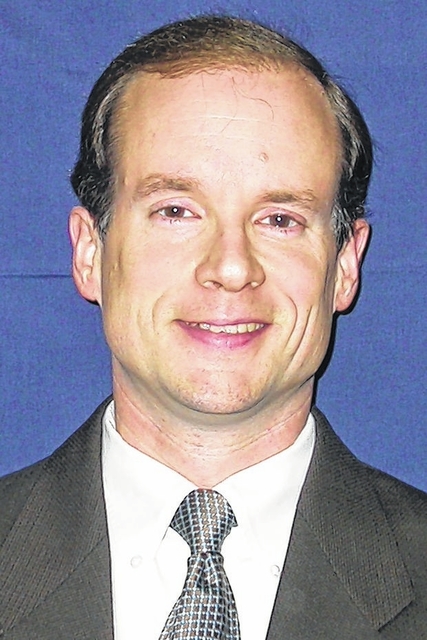
RALEIGH — Despite the welcome news of a state budget surplus, the fiscal and economic forecast for North Carolina over the next couple of years is not all blue skies and placid seas.
Albeit weak by historical standards, the national economic recovery is now many years old. A recession in the next year or two would hardly be surprising. Moreover, if preliminary federal estimates of state economic growth prove to be correct, North Carolina’s economy didn’t grow as much last year as it did the year before.
In other words, North Carolina’s ship of state is traversing perilous waters. It needs to be fully stocked and navigated away from rocks and reefs. The leaders of the North Carolina Senate seem to understand that.
Their budget plan for the 2015-17 biennium plots the right course for the legislature to follow — one that builds up the state’s savings reserves, trims taxes further to encourage more investment and job creation and avoids long-term fiscal obligations that could prove difficult to meet if an economic storm develops.
Compared to the budget devised a few weeks ago by the House, the Senate plan is more responsible. Using the most comprehensive measure — one that includes off-budget spending on capital needs and business subsidies — the House proposed a $22.4 billion budget for General Fund programs for the 2015-16 fiscal year, up 6.2 percent from last year. The Senate figure comes in roughly $800 million lower than that, at $21.6 billion. Its spending increase is 2.6 percent, roughly equivalent to the projected rates of inflation and population growth.
The Senate doesn’t post lower spending growth by ignoring the needs of rising populations or high-priority programs. In fact, the Senate budget devotes somewhat more money than the House does — about $461 million in FY 2015-16 — to keeping up with enrollment growth and other rising costs in public schools, universities and Medicaid.
What it does differently, however, is offset some of those higher service needs by trimming the state budget elsewhere, including administration. And its compensation increases for teachers and state employees, about $213 million by my count, is roughly half what the House spent.
Because its spending plan is leaner, the Senate is able to accomplish two important objectives. First, it saves money. Lots of money. The plan transfers $500 million to the rainy-day reserve, pushing it above $1.1 billion. It also budgets more for potential Medicaid overruns as the state prepares to embark on significant reform. That’s prudent.
Second, the Senate budget includes another round of tax reductions. On the personal income tax, it raises the standard deduction for all households by about 17 percent the first year and nudges it up annually after that, while pulling the tax rate down another quarter point, to 5.5 percent. It also reduces the business tax burden in several different ways while expanding the retail sales tax to include additional services.
The net effect is $73 million in tax relief next year, followed by $421 million in 2016-17. I don’t agree with all the details of the Senate tax package, and suspect it will be whittled down quite a bit in the coming negotiations. But I agree that, having made a substantial deposit into savings (my top priority), lawmakers should enact tax relief.
After all, a significant share of the revenue surplus is likely one-time money. It ought not to be used to create new programs that might require future tax hikes to sustain.
According to the Tax Foundation, the Senate’s tax changes would improve North Carolina’s business-tax climate to 14th in the nation, up from 16th. Its savings deposits would dramatically improve state government’s balance sheet. Its spending discipline is commendable.
I know that some of its provisions won’t survive the negotiation process with the House and Gov. Pat McCrory. I’m also not happy about the use of the budget to enact sweeping policy changes, even those I strongly favor (such as repealing laws that limit competition in medical care).
But overall, the Senate budget makes the right decisions. The ship of state is in good hands.
John Hood is chairman of the John Locke Foundation. Follow him on Twitter @JohnHoodNC.

